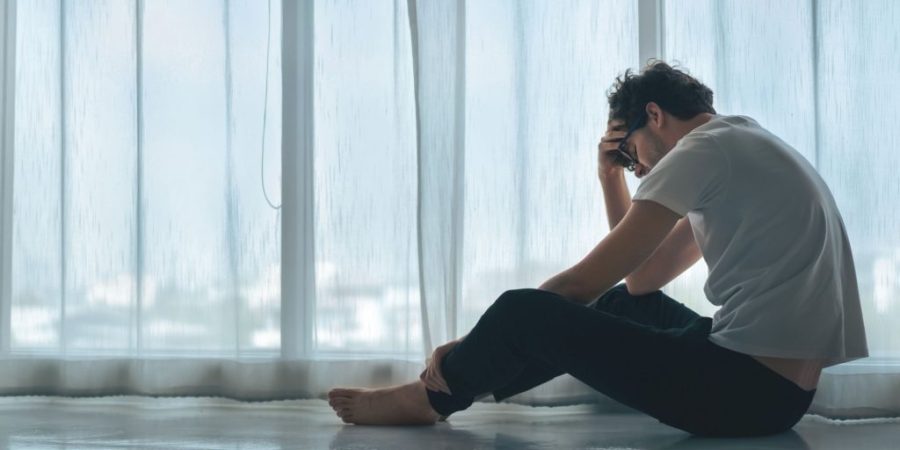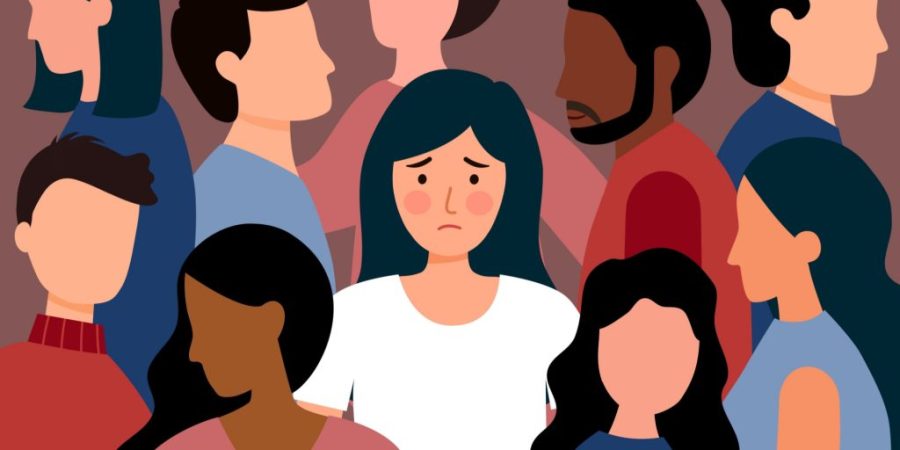
From Springbrook Hospital –
If you have recently struggled to get out of bed, lost interest in the things you enjoy, or felt a looming sense of hopelessness, you may be experiencing a depressive episode. When symptoms of depression persist for a long time, someone may start to wonder: Will depression go away without treatment, or do I need to get professional help?
Many people experience feelings of sadness or emptiness following certain life events, such as the loss of a loved one or the end of a relationship. This type of grief or sorrow may pass given time, but if it doesn’t, there may be a deeper issue at hand.
It is not normal for these feelings to last for weeks or months at a time. Similarly, they should not occur without a discernible cause. If they do, someone may be living with clinical depression and need professional support. Trying to face depression alone can result in symptoms lasting for a long time to come.
Table of Contents
Types of Depression

In some ways, the answer to, “Will depression go away without treatment?” depends on the type of depression someone has. Certain types of depression may appear to improve with time, only to reappear later. Others may never feel like they get better without treatment.
It is important to understand the type of depression you have so you know when to get treatment. Some of the most common types of depression include:
- Major depressive disorder. Major depression affects someone year-round, often to such an extent that it impairs daily functioning.
- Persistent depressive disorder (dysthymia). Someone who experiences mild depressive episodes for more than two years may have dysthymia.
- Postpartum depression. New parents sometimes feel intense sadness, anxiety, or distress after childbirth due to a condition also called the “baby blues.”
- Seasonal affective disorder. Also known as winter depression, someone with seasonal affective disorder mostly experiences depressive episodes during fall and winter months.
Based on the severity and nature of someone’s depression, they may benefit more from different types of treatment. Likewise, their symptoms may come and go more often than others. In those cases, it is crucial to know if their symptoms are actually improving, or if their inconsistent symptoms are expected from their type of depression.
Will Depression Go Away Without Treatment?
Now that you know more about different types of depression, one question remains: If you have a certain type, will depression go away without treatment?
The short answer is no. Clinical depression is a mental illness. Like many physical ailments, it will not improve unless you give it the proper care. Without support, some types of depression can last much longer than their triggering events warrant (if they have one).
For example, postpartum depression can last for years without treatment. Eventually, it may go away, but there is no guarantee. Even if there was, no one should have to live with the side effects of depression for such a long time. By comparison, consider that with treatment, postpartum depression may only last a few months, or even just a few weeks.
Another type of depression to think about is winter depression. Someone with seasonal affective disorder may feel as though their depression comes and goes. Since it typically only persists for a few months out of the year, those who experience it may believe their depression goes away without treatment.
However, that is not quite the case. Untreated seasonal affective disorder will likely continue to occur every year. It is not a new condition each time, but the same depression making itself known again. With proper treatment, though, someone can escape the cycle of seasonal depression.
So, will depression go away without treatment? Ultimately, clinical depression of any kind is unlikely to go away if left untreated. People with depression should always reach out for help when they need it, regardless of what type of depression they have.
Self-Help Techniques
Even though the answer to, “Will depression go away without treatment?” is often no, there are numerous self-help activities you can try to minimize your symptoms from home. For instance, you can try activities and techniques like:
- Journaling
- Meditation
- Exercise
- Getting enough sleep
- Eating balanced meals
- Trying a new hobby
Treating depression requires a multifaceted approach that addresses its physical, mental, and social impacts on the individual. While medical professionals know how to tackle each of these areas, you can still take action to improve your own mental health.
However, keep in mind that the answer to, “Will depression go away without treatment?” is still no. Self-help techniques should be used as supplemental support; they are not meant to act as stand-ins for medical treatment. Only mental health professionals can provide genuine medical advice, diagnosis, or treatment guidance.
When to Get Professional Depression Treatment

Some individuals experience minor depressive episodes, while others end up bedridden by their symptoms. After asking, “Will depression go away without treatment?” someone may now want to know, “How long do I wait before getting treatment?”
Truthfully, clinical depression is never “too mild” to get treatment for. Even those with persistent depressive disorder, who may only experience a few symptoms on occasion, can benefit from seeking professional aid.
If you aren’t sure, consider the following. You will likely benefit from depression treatment if you:
- No longer have any interest in hobbies or activities
- Withdraw from friends and family members
- Regularly think about death or have suicidal ideations
- Can’t or struggle to complete tasks at home, school, or work
- Try to self-medicate through substance abuse
Even if you only experience the above “sometimes,” it is often still worth it to reach out to a professional. Your depressive episodes may not be constant, but they don’t have to be in order to benefit from depression treatment.
Depression Treatment in Brooksville, Florida
Springbrook Behavioral Hospital is a mental health treatment facility that supports adults with mood disorders and other mental illnesses. For those who have just discovered that the answer to, “Will depression go away without treatment?” is no, we are happy to provide more details about how to get treatment.
We offer two main forms of depression treatment: intensive mental health services and a partial hospitalization program (PHP). Our intensive care helps those who need the highest level of support. They live at our tranquil, retreat-like facility during treatment and spend the most time with treatment options like cognitive behavioral therapy (CBT) and recreational activities.
Those who opt for partial hospitalization will spend several hours each week on-site. This allows them to spend their nights at home with their families, while still building new support groups and reaping the benefits of consistent therapy sessions.
Contact Us Today
Will depression go away without treatment? If your symptoms have lasted longer than two weeks, then they might not. Thankfully, Springbrook Behavioral Hospital can provide the support you need.
For more information about our depression treatment programs, please call our admissions team at 352-600-3288. If you need a bit more time to gather your thoughts, you may also fill out a confidential contact form online.
Depression can feel like an endless, uphill climb, but remember that it will not last forever. By reaching out for professional help, you can learn how to manage symptoms of depression and make life vibrant again.
The post Will Depression Go Away Without Treatment? appeared first on Springbrook Hospital.
Source
Original Author: Springbook Hospital

